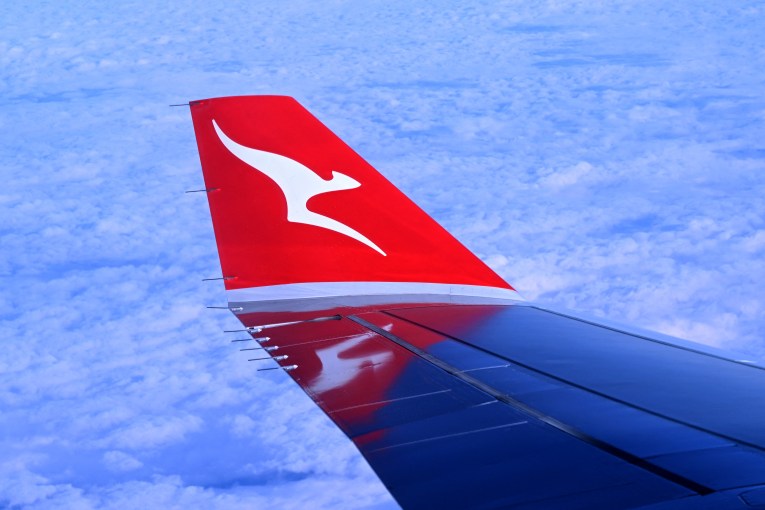US interest rate hike likely
US Federal Reserve chair Janet Yellen has confirmed that she and most of her colleagues still expect to raise interest rates this year.
Financial markets have been roiled by continued uncertainty about when the Fed will make its first move to raise rates since mid-2006.
Last week, the US central bank decided to leave rates on hold, defying expectations from about half the economists who forecast Fed rate decisions.
• Big banks abandon rural communities
• Property on reform agenda
The commentary associated with that decision, which emphasised the risks of raising rates while global financial markets are unstable and the Chinese economy slowing, had markets cutting their bets of a US rate rise in 2015 to just over 40 per cent.
However, delivering a speech at the University of Massachusetts today, Dr Yellen reiterated that most Fed members, including herself, still expect ‘lift-off’ to happen this year.
“Most FOMC [Federal Open Market Committee] participants, including myself, currently anticipate that achieving these conditions will likely entail an initial increase in the federal funds rate later this year, followed by a gradual pace of tightening thereafter,” she said, before adding, “But if the economy surprises us, our judgments about appropriate monetary policy will change.”
After hearing that each-way bet, financial markets responded in kind, with the odds of a 2015 rate rise now sitting a fraction under 50 per cent.
The pressure appeared to show on Dr Yellen, with the Federal Reserve boss cutting her presentation around the hour mark, after coughing and pausing to compose herself several times.
“Let me stop there,” Reuters reported her as saying abruptly before walking off the stage.
A Fed spokeswoman confirmed that Dr Yellen had received treatment from medical workers.
“Chair Yellen felt dehydrated at the end of a long speech under bright lights,” Fed spokesperson Michelle Smith told Reuters in an email.
“As a precaution, she was seen by (emergency medical) staff on site at UMass Amherst. She felt fine afterwards and has continued with her schedule Thursday evening.”
That schedule included a university dinner event.
Temporary factors lowering inflation in the short term
Dr Yellen’s speech was carefully balanced and leaves the Fed’s options wide open ahead of its October and December meetings, although most analysts expect a December move if rates are to rise this year.
The Fed chair noted that economic conditions were not yet where the central bank wants them but that, as monetary policy operates with a lag, it would be prudent to start raising rates before they get there.
“Although other indicators suggest that the unemployment rate currently understates how much slack remains in the labour market, on balance the economy is no longer far away from full employment,” Dr Yellen observed.
“In contrast, inflation has continued to run below the committee’s objective over the past several years, and over the past 12 months it has been essentially zero. Nevertheless, the committee expects that inflation will gradually return to 2 per cent over the next two or three years.”
Dr Yellen said persistently low inflation over recent years is more likely being caused by several temporary factors, rather than by the amount of slack in the US domestic economy.
“Much of the recent shortfall of inflation from our 2 per cent objective is attributable to special factors whose effects are likely to prove transitory,” she explained.
“Falling consumer energy prices explain about half of this year’s shortfall and a sizable portion of the 2013 and 2014 shortfalls as well.
“Another important source of downward pressure this year has been a decline in import prices … which is largely attributable to the 15 per cent appreciation in the dollar’s exchange value over the past year.
“In contrast, the restraint imposed by economic slack … has diminished steadily over time as the economy has recovered and is now estimated to be relatively modest.”
The US dollar initially strengthened on Dr Yellen’s speech, before giving up those gains.
At 2pm (AEST) an Australian dollar was worth 70.1 US cents.
ABC








